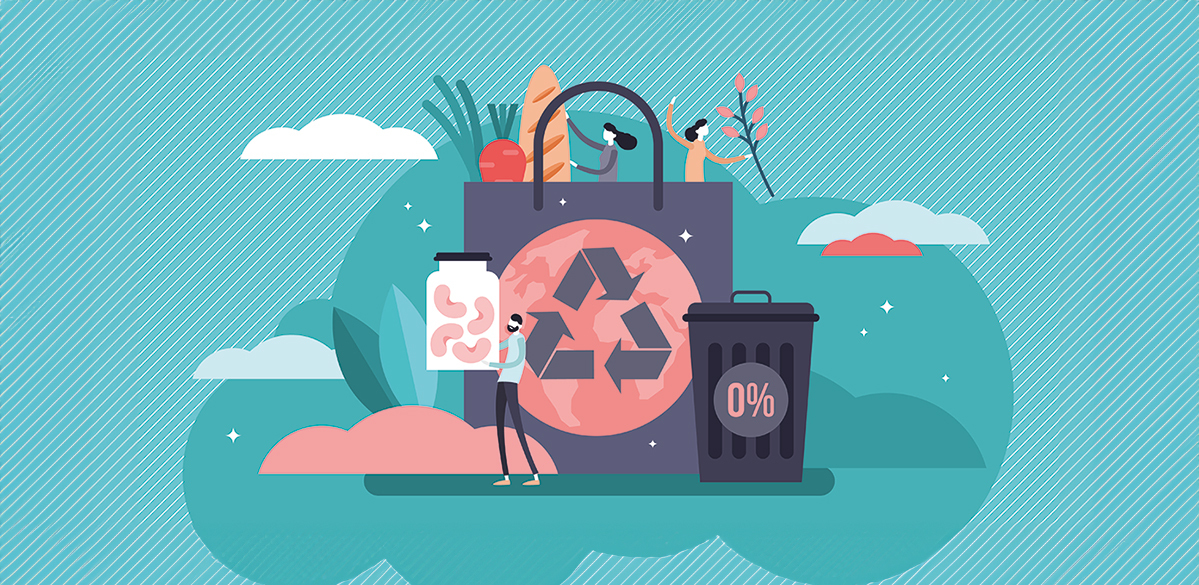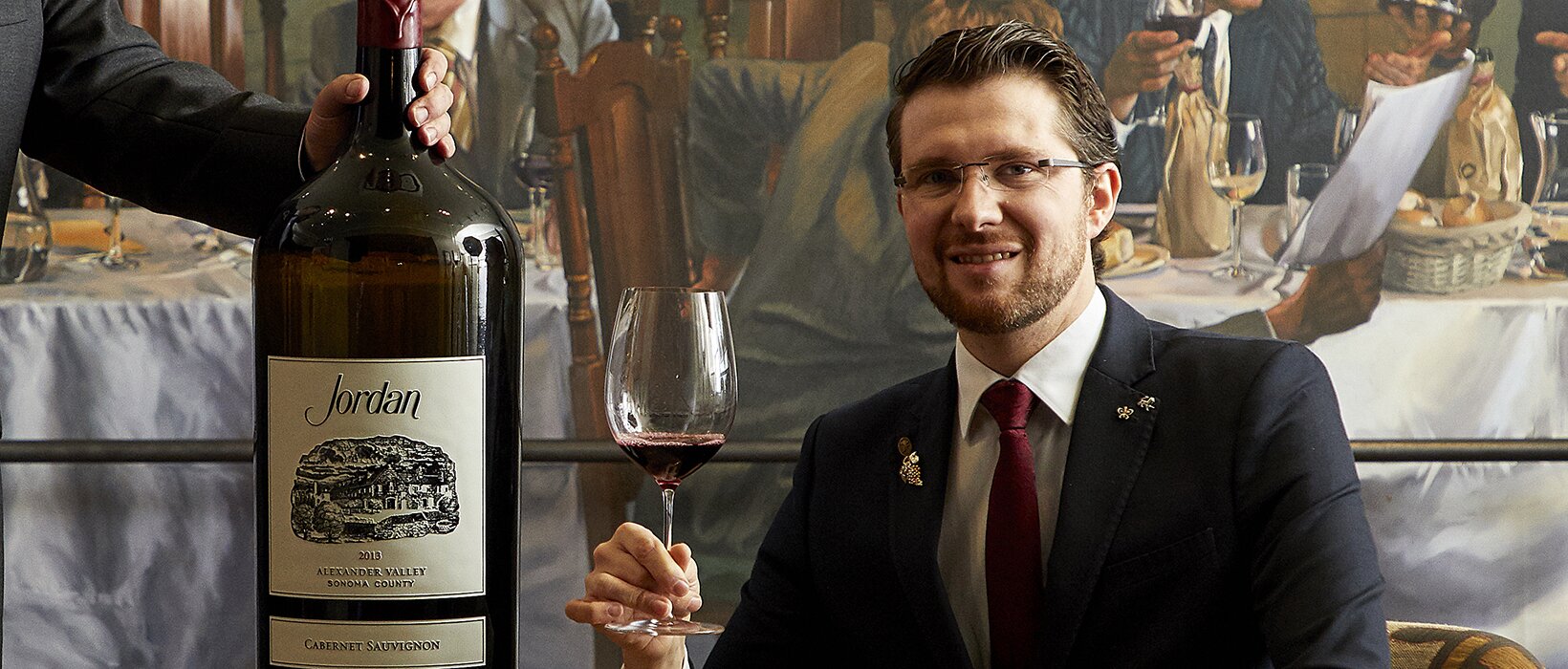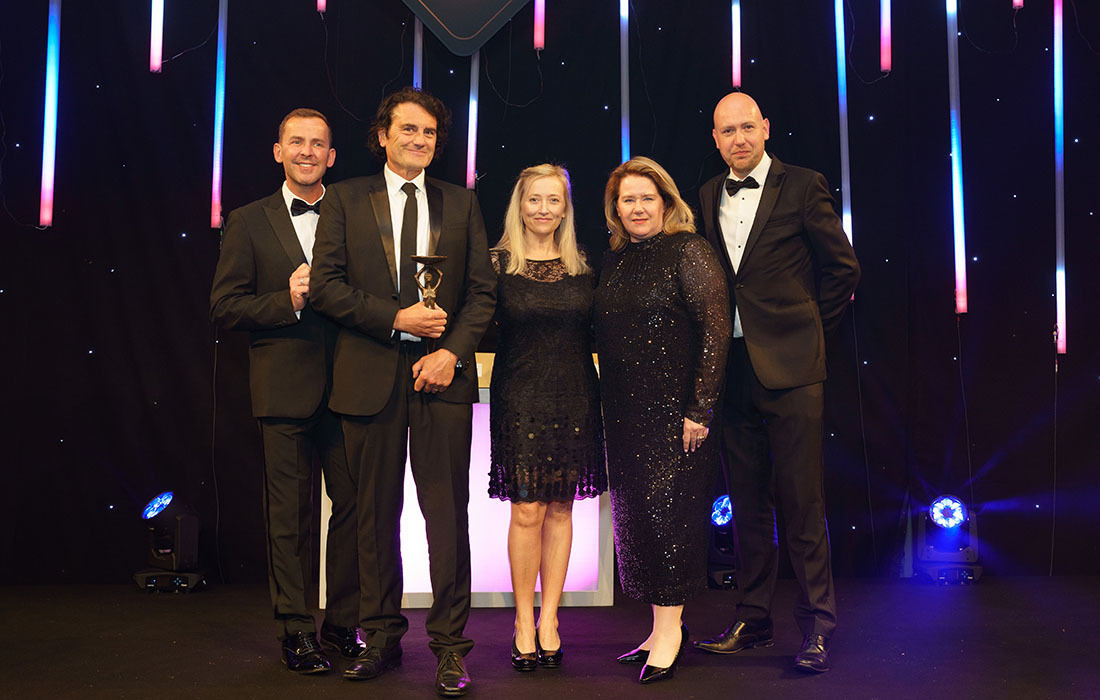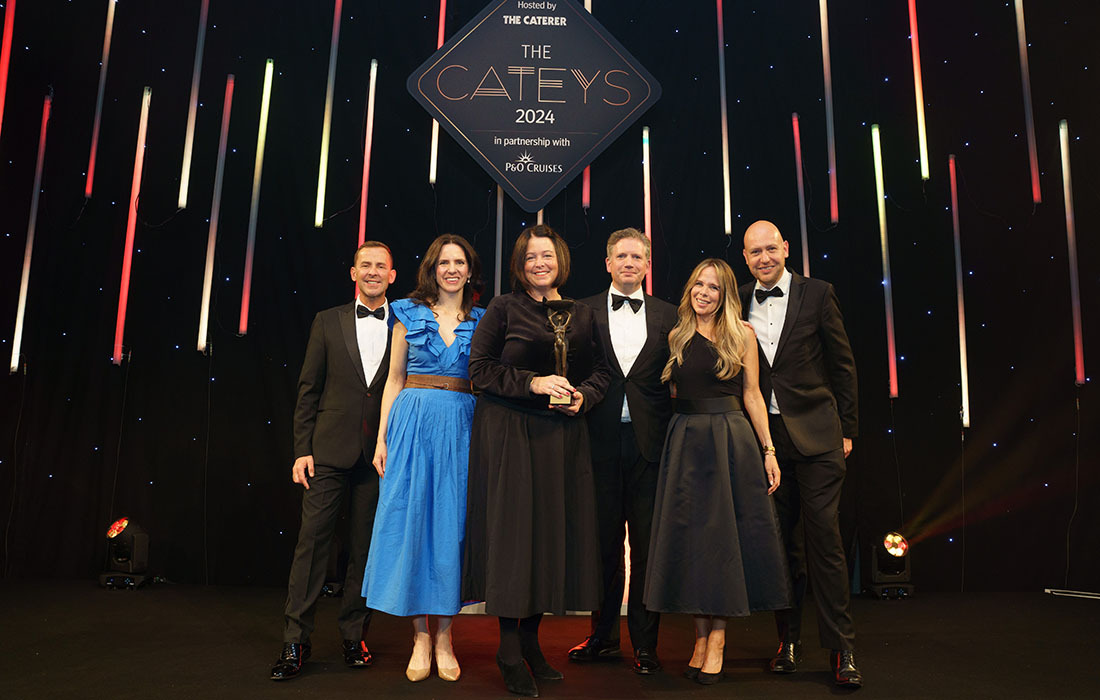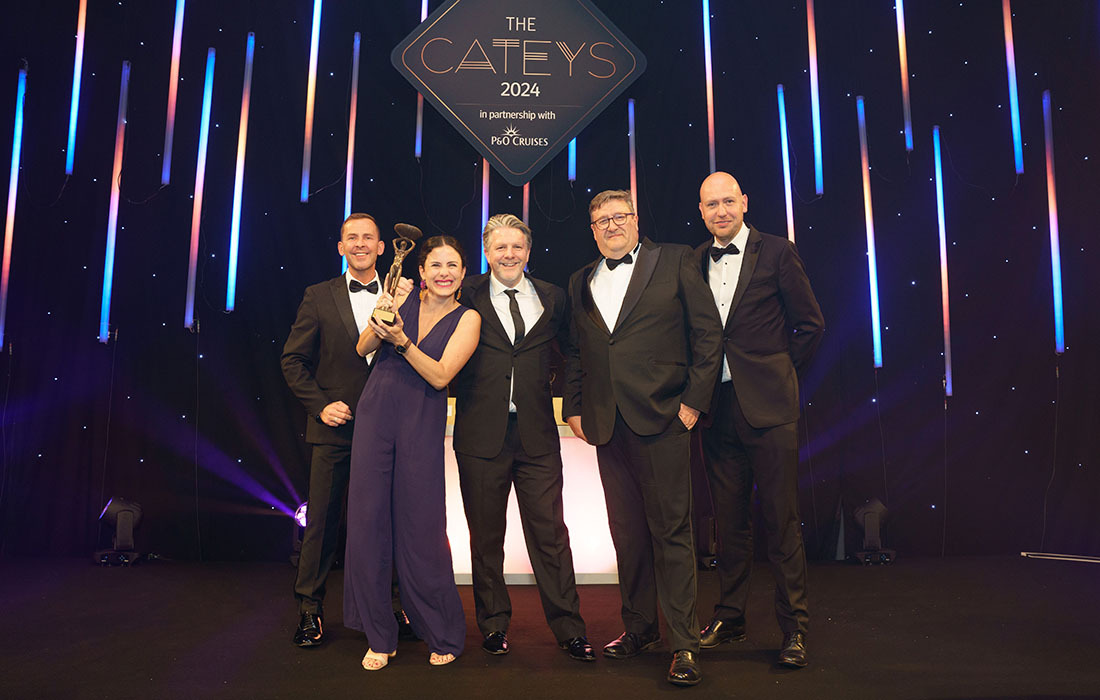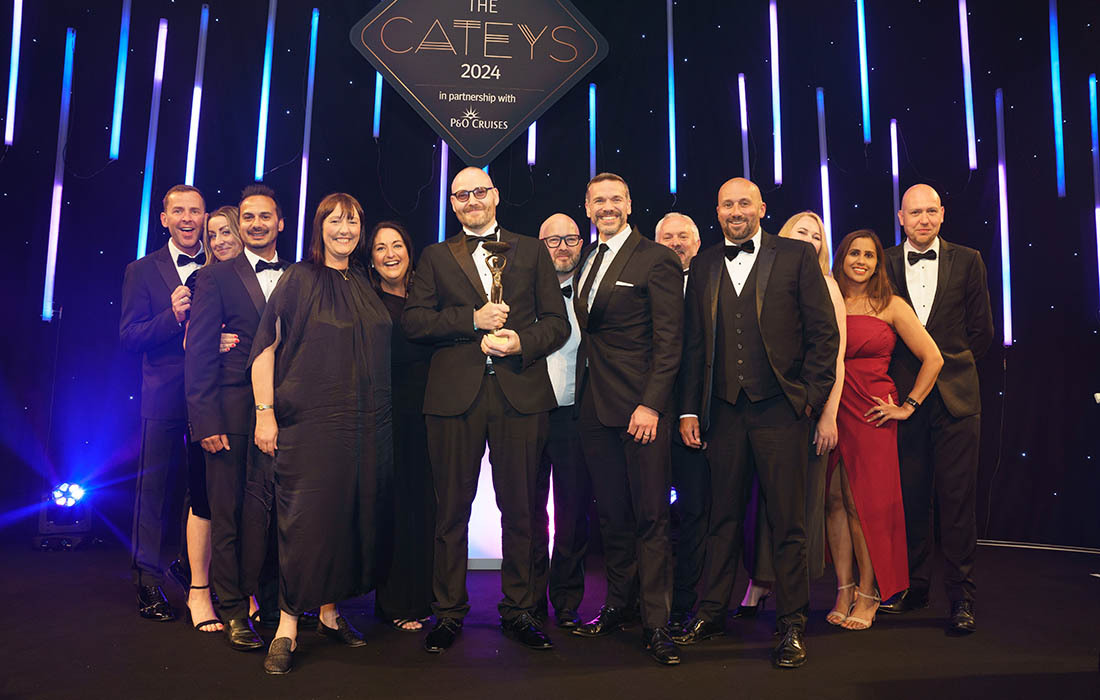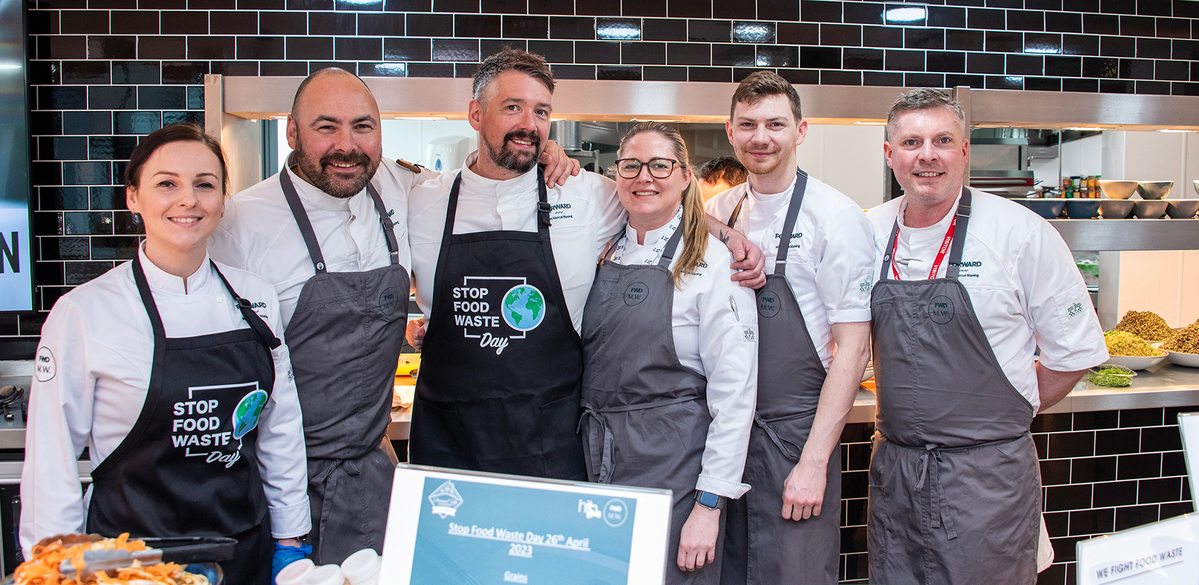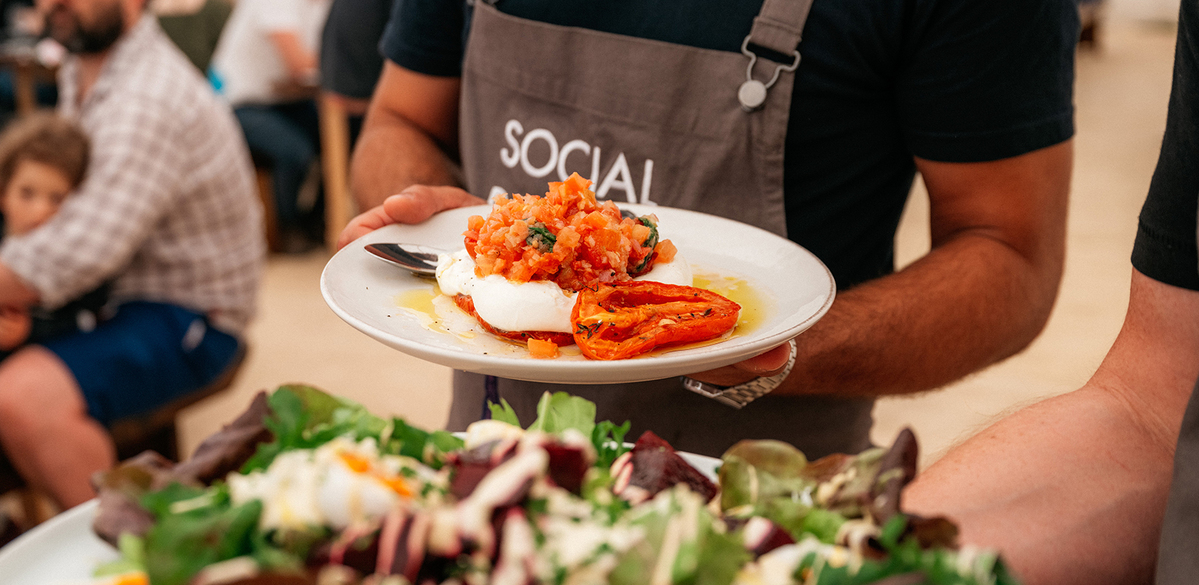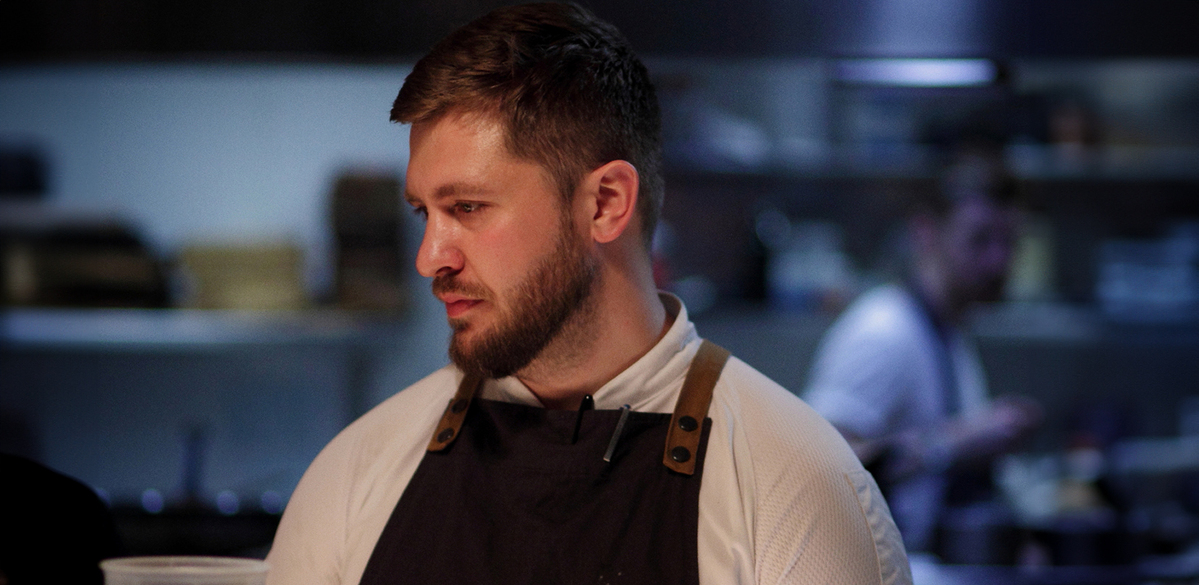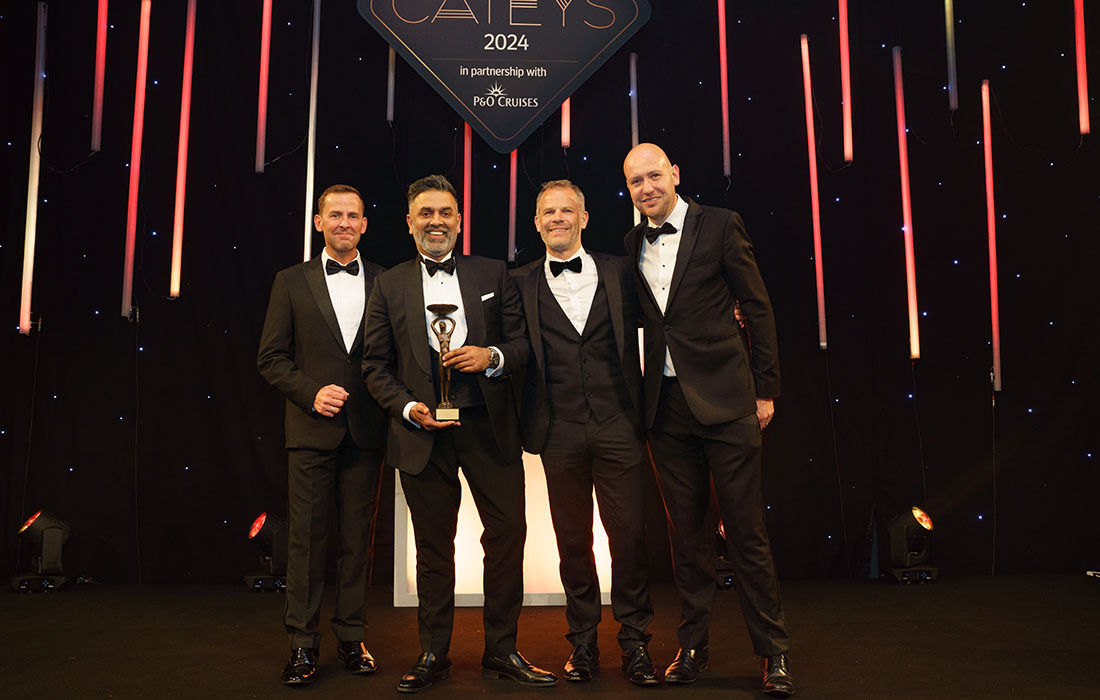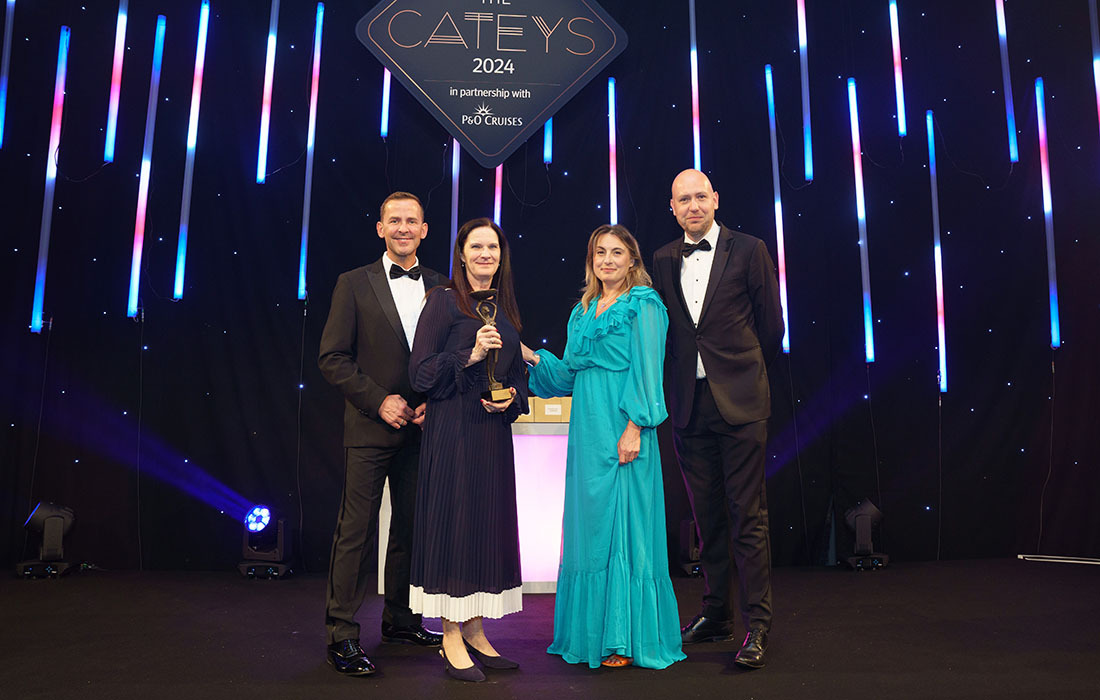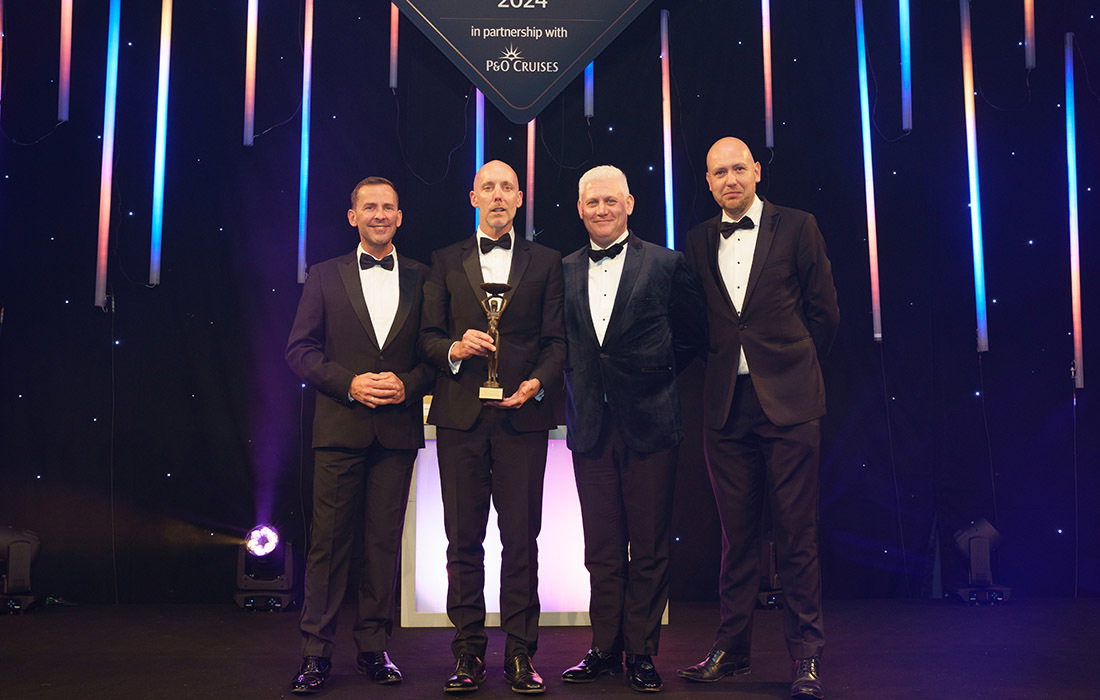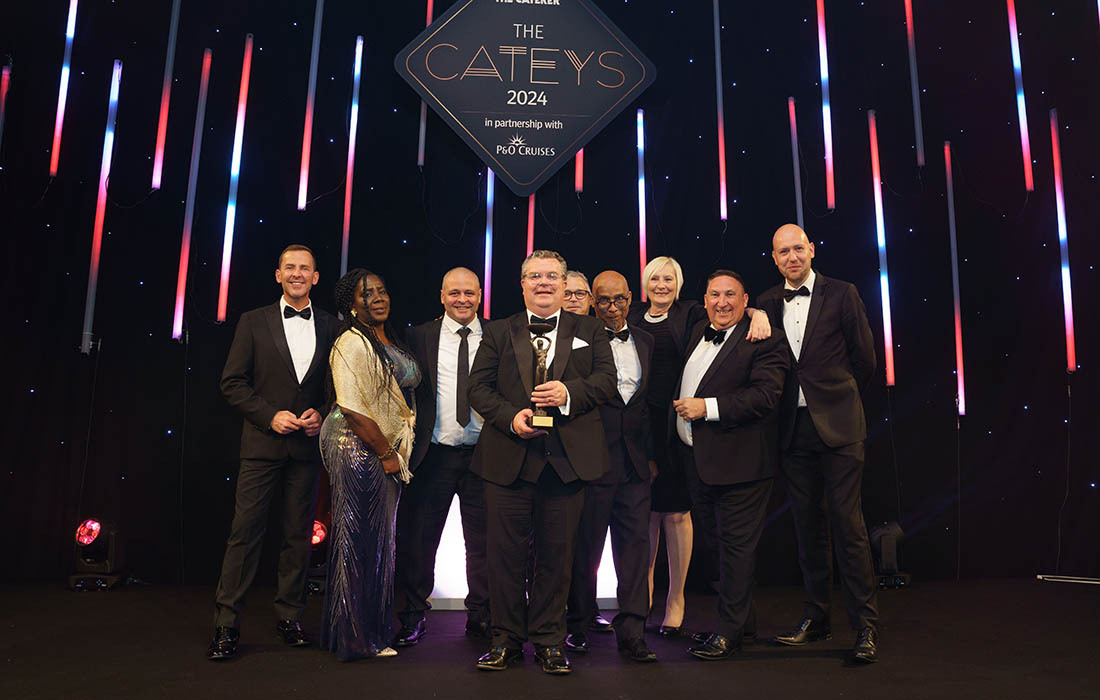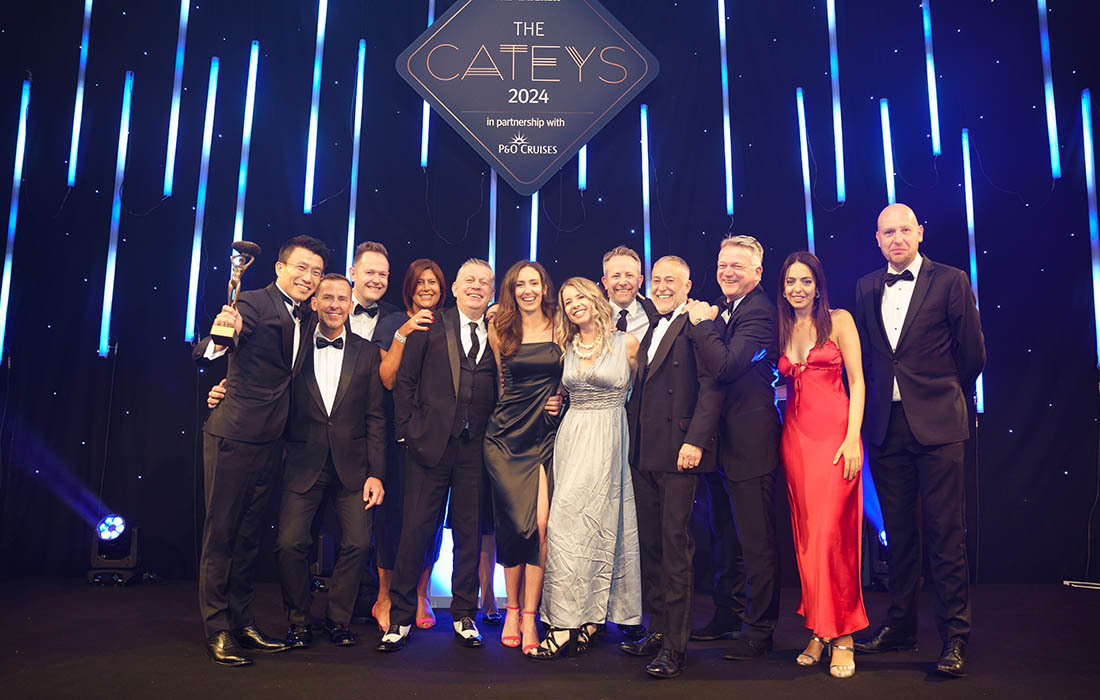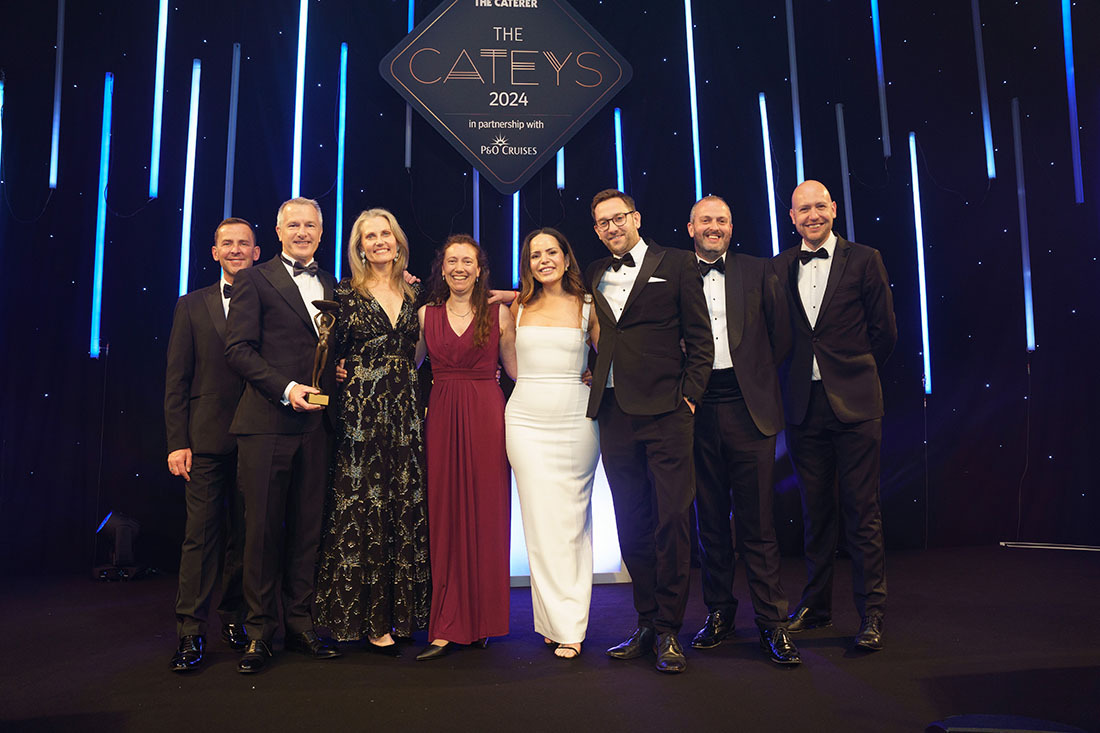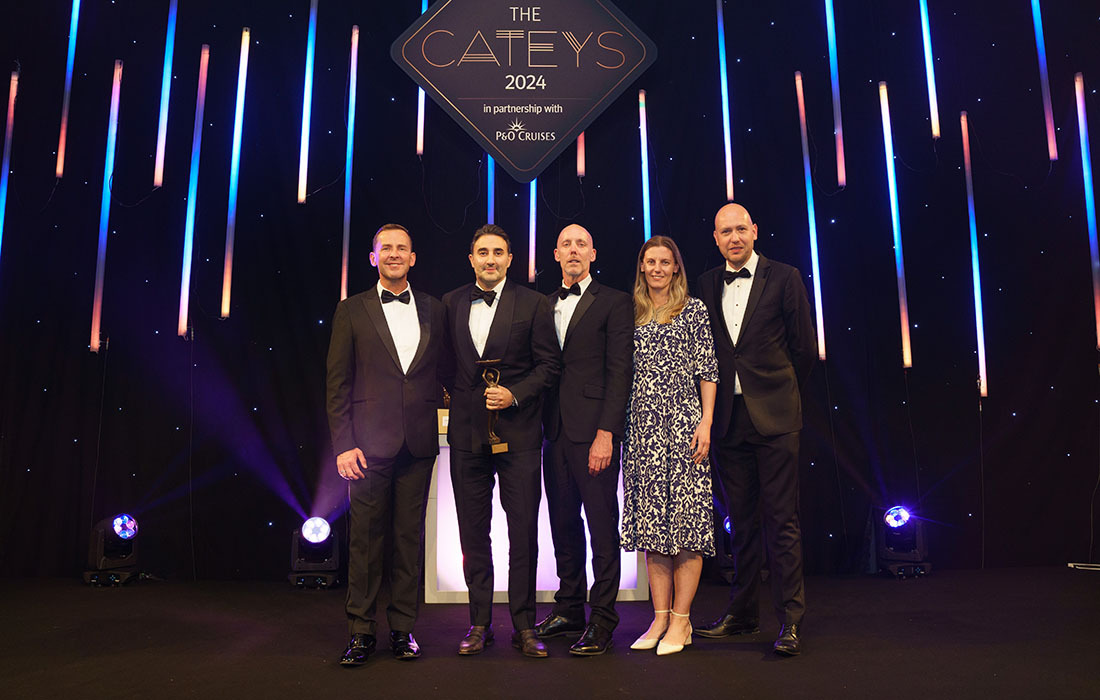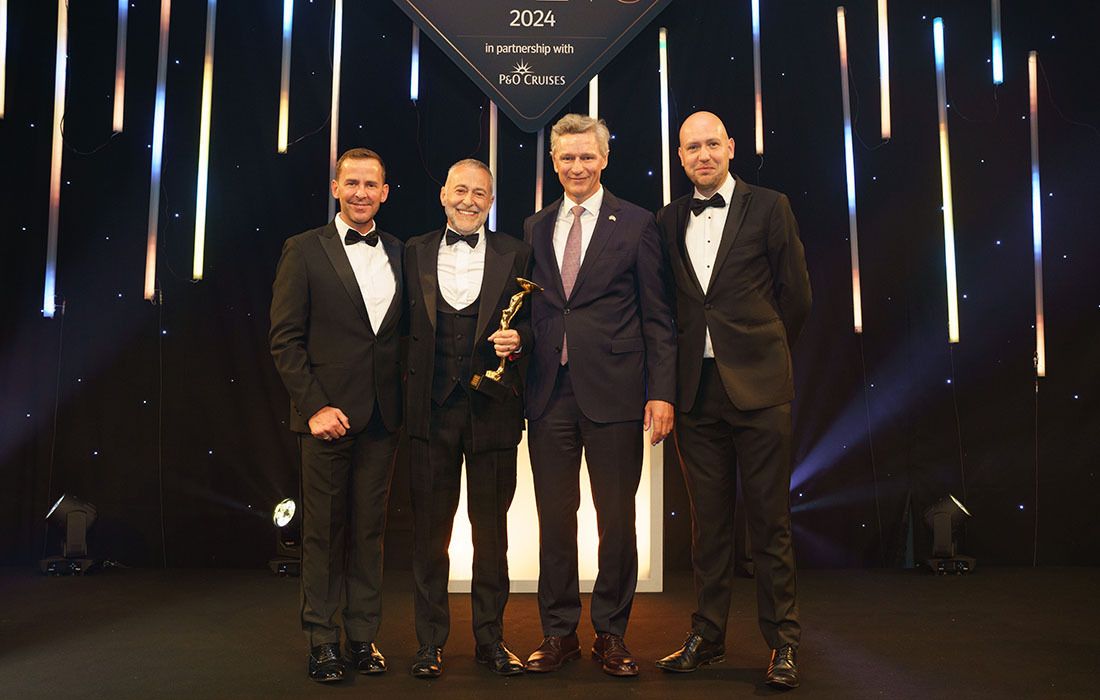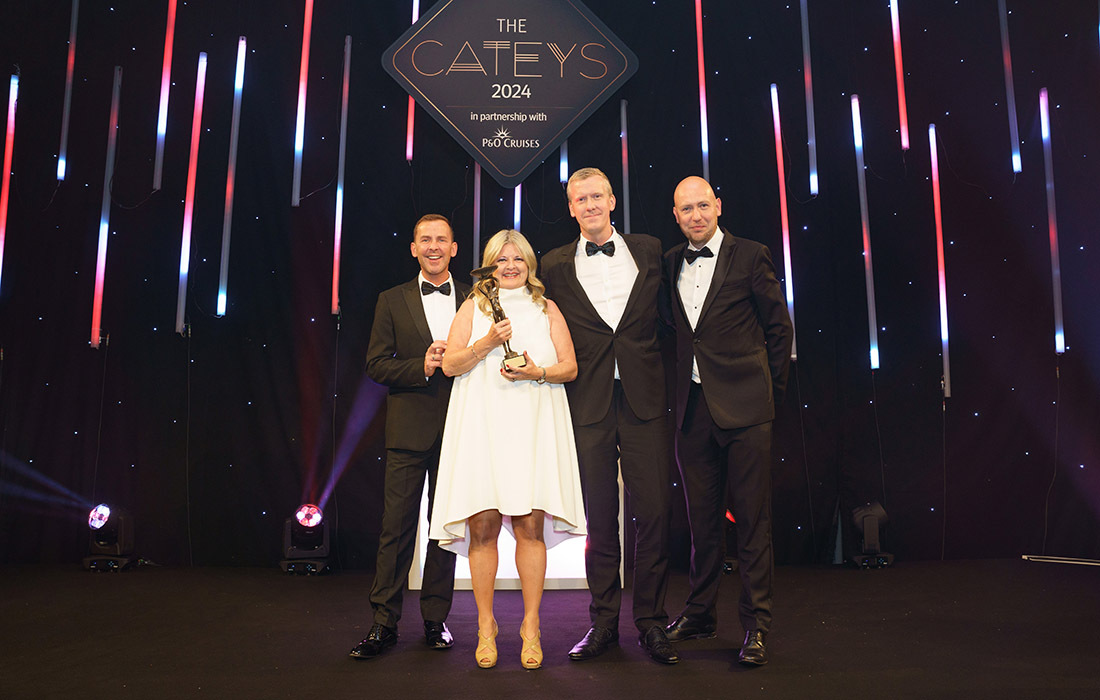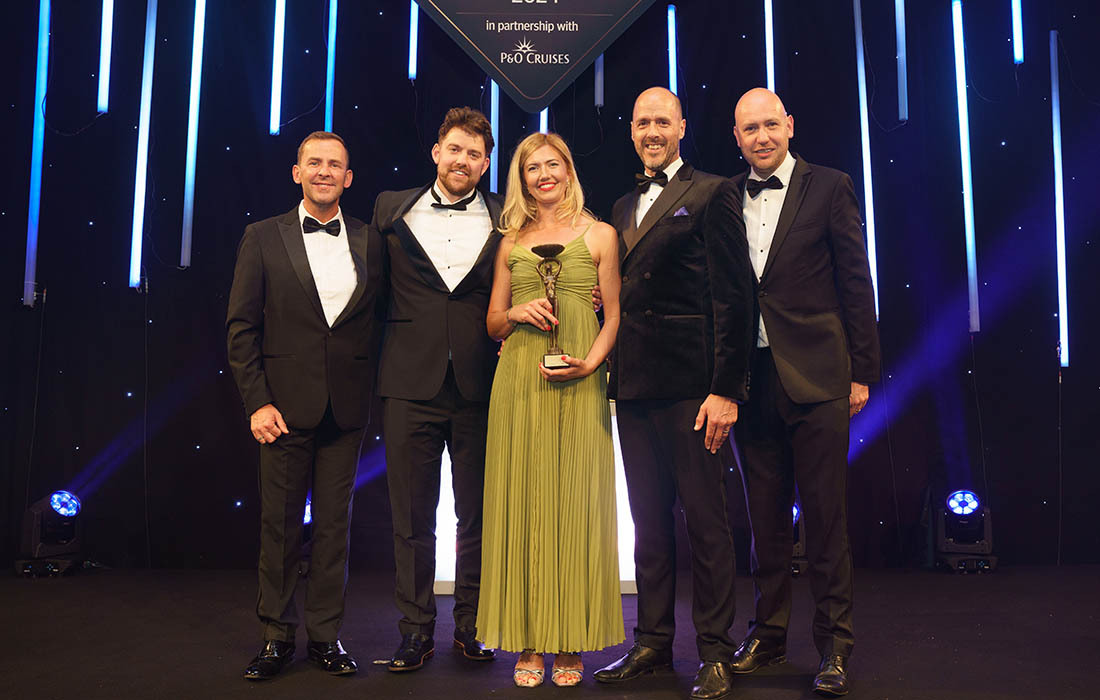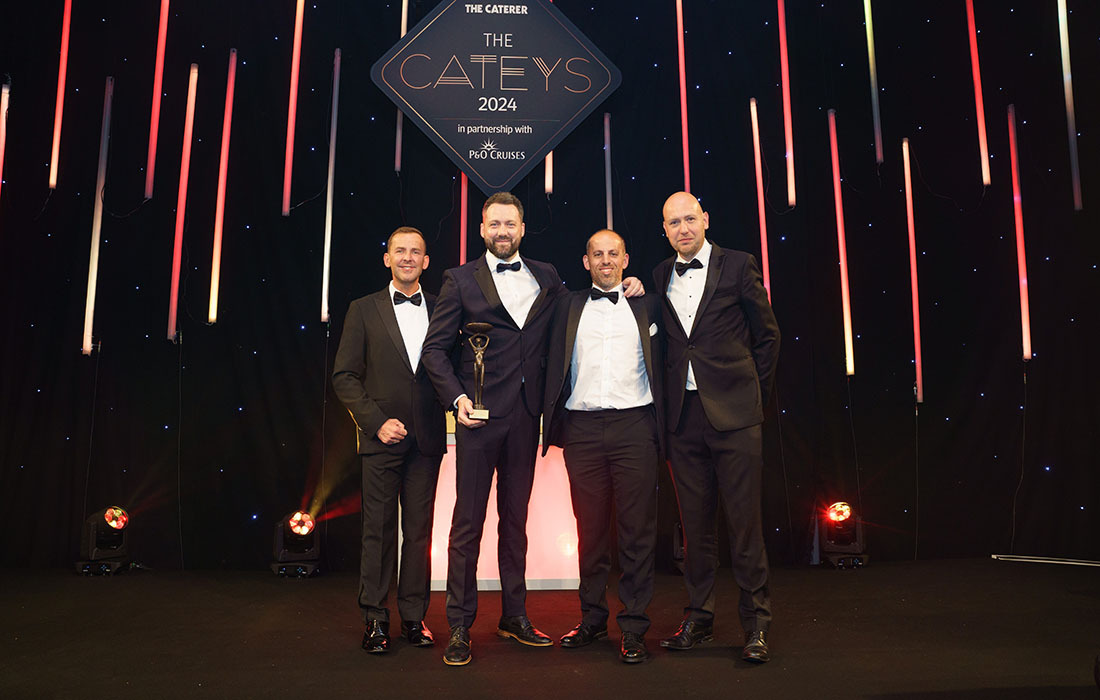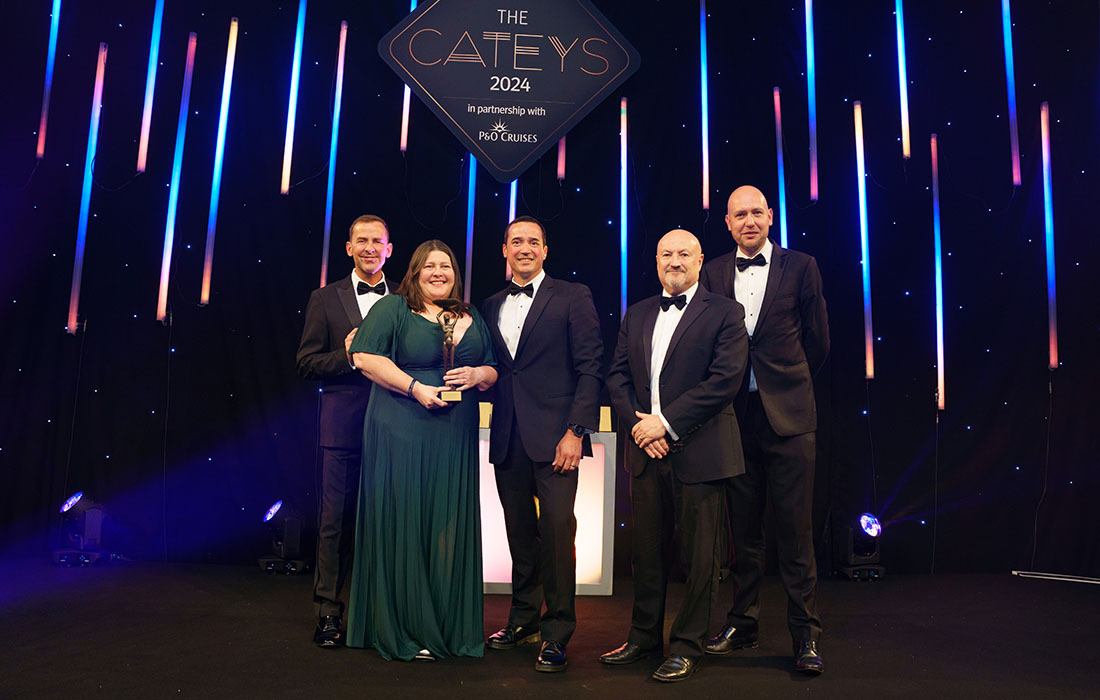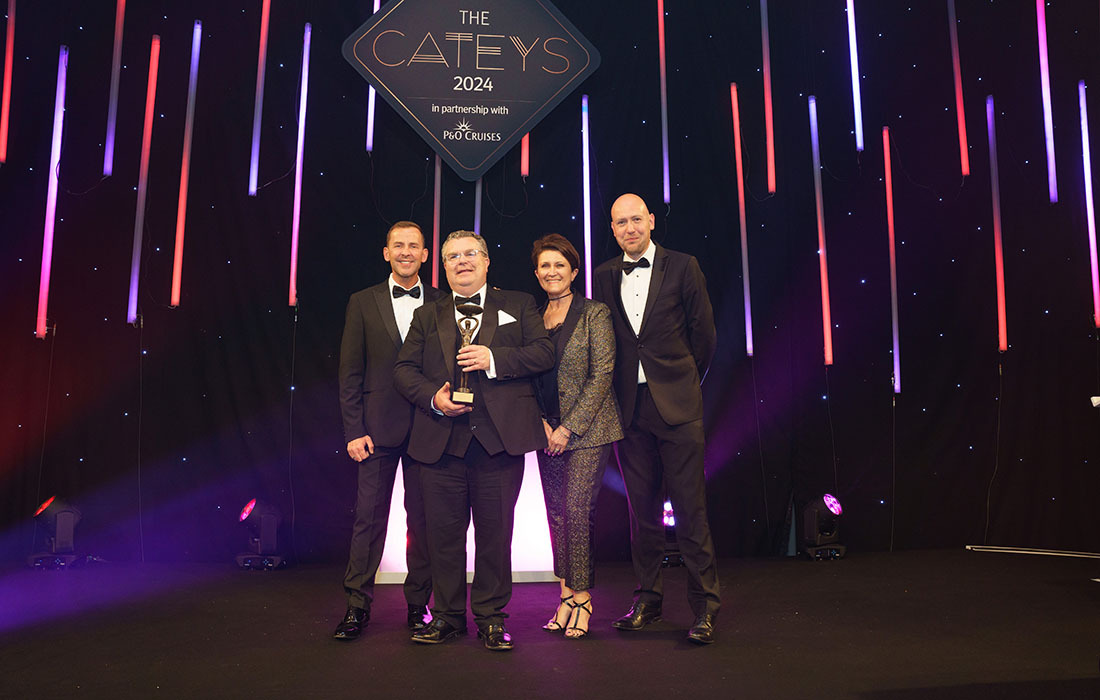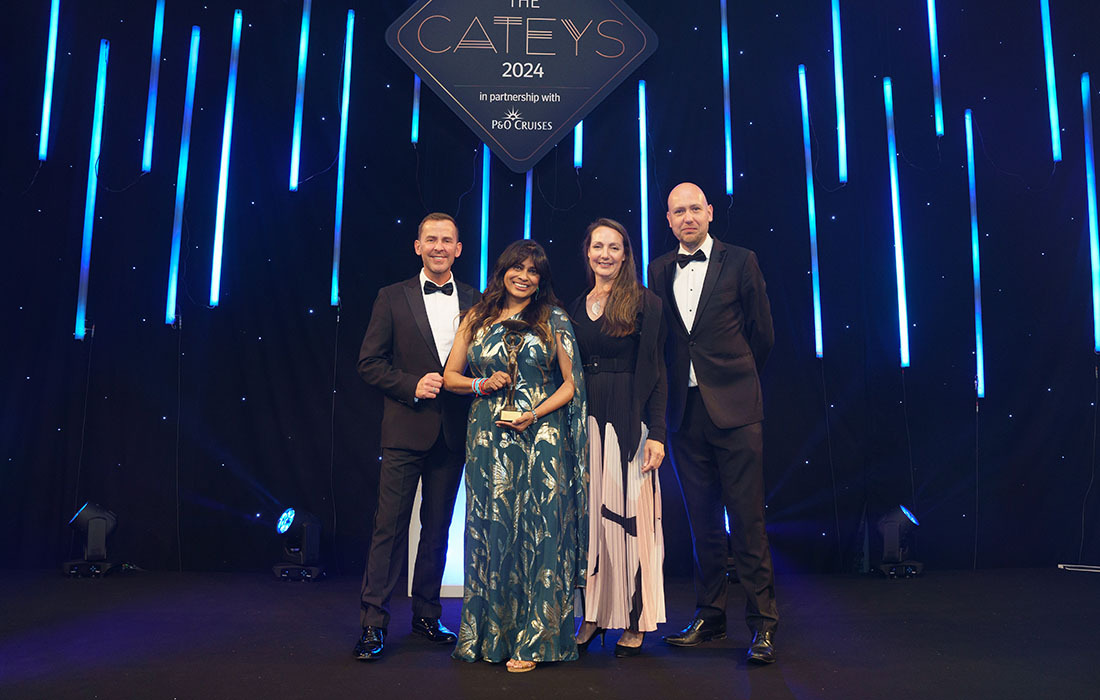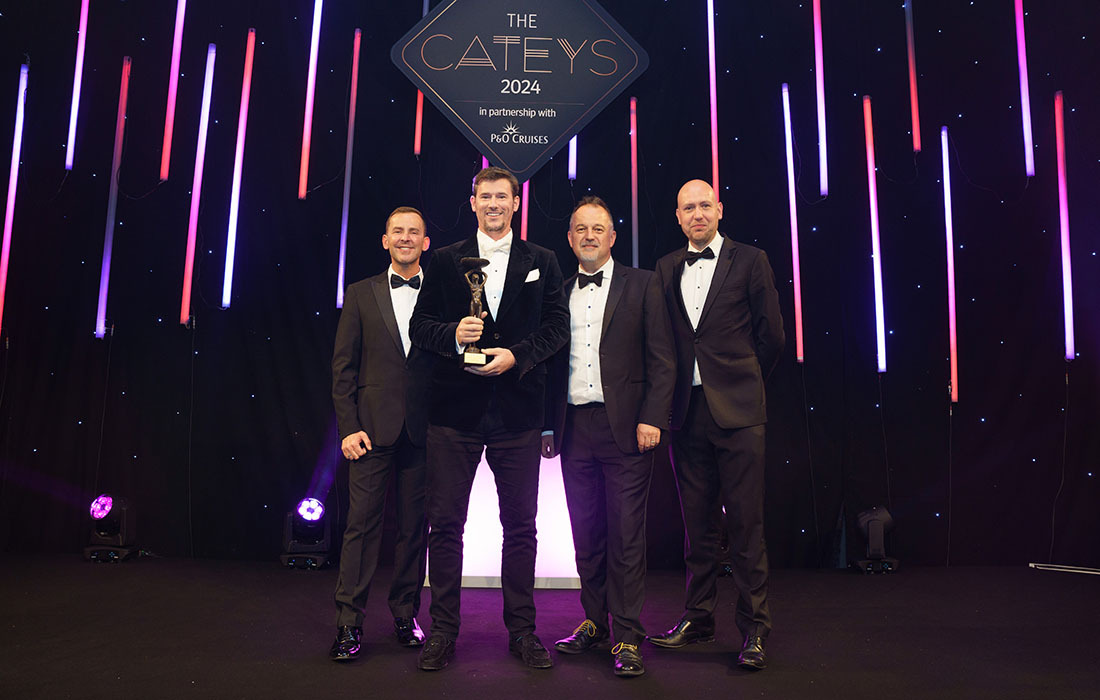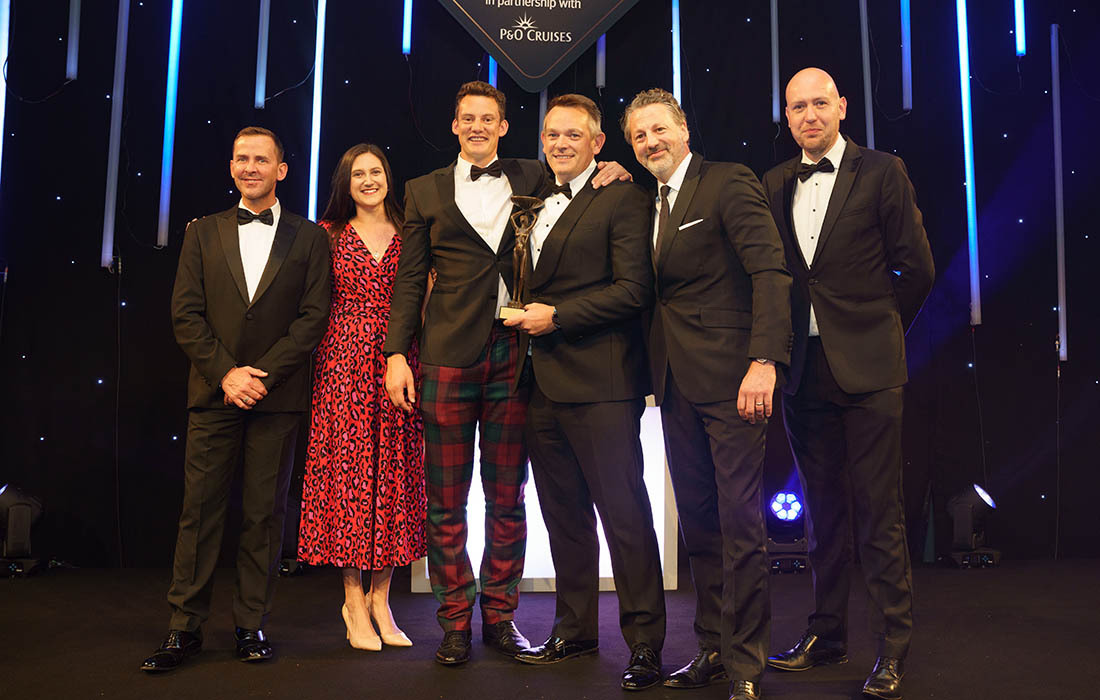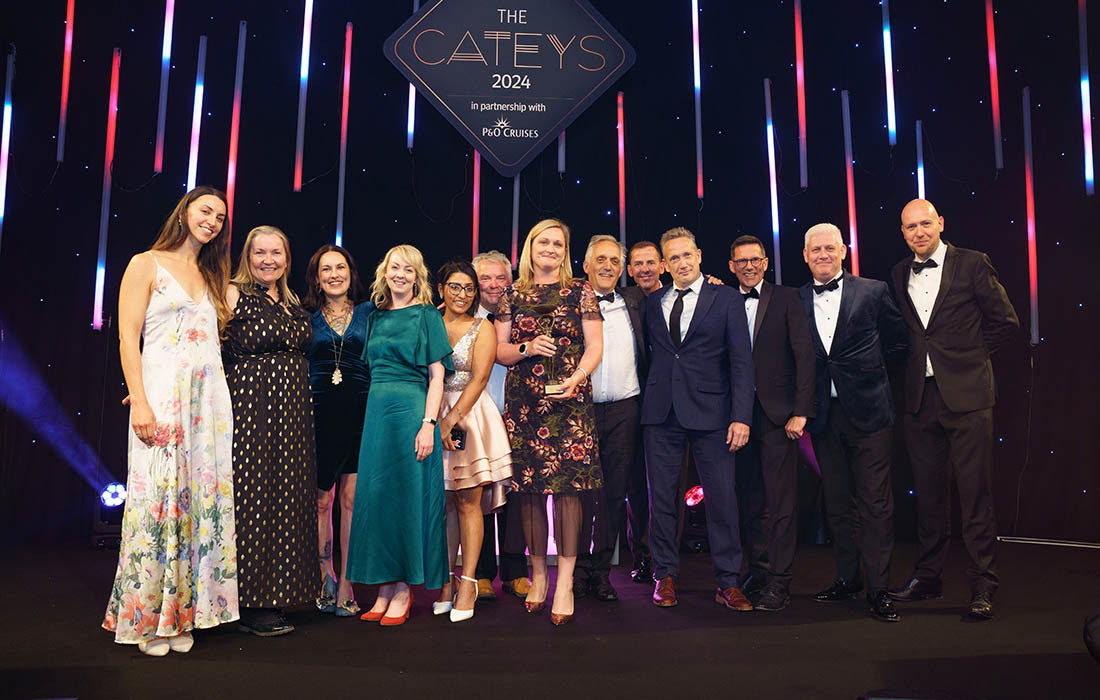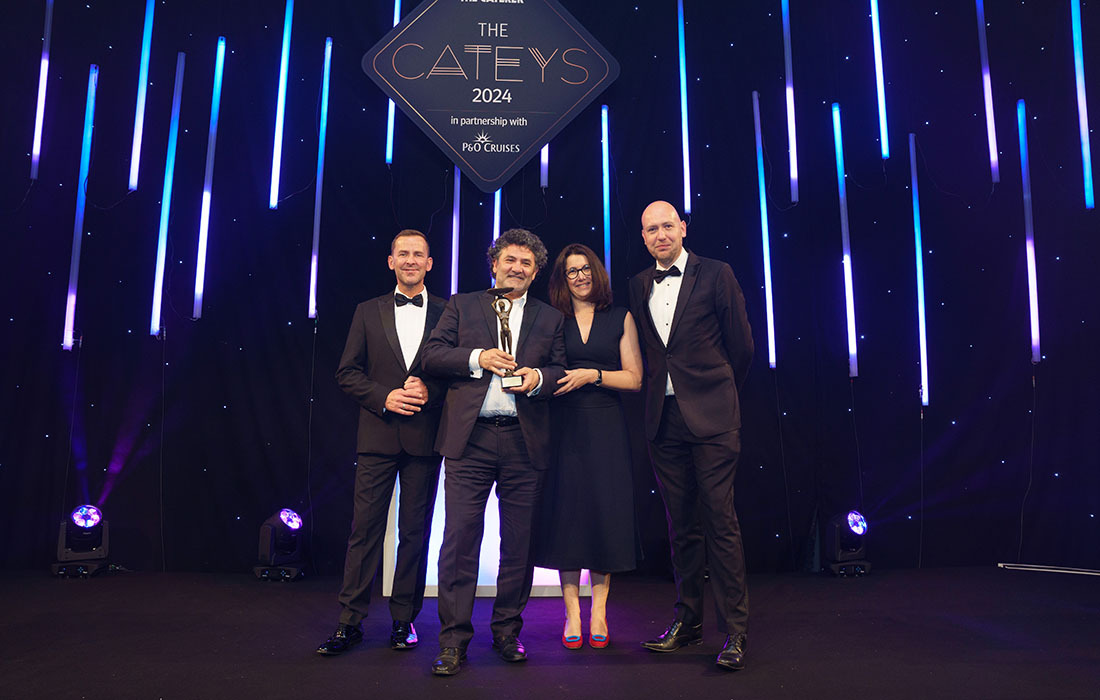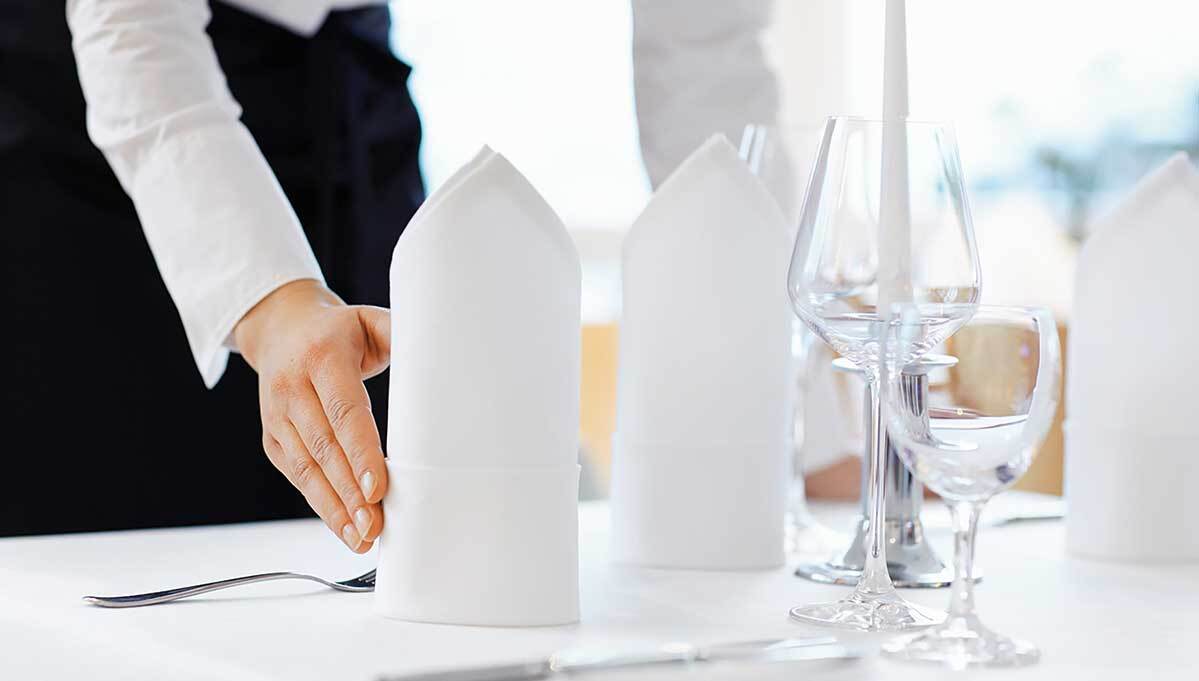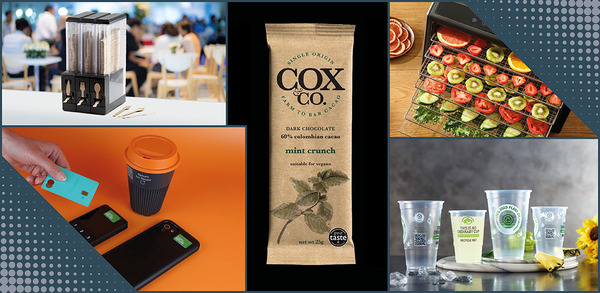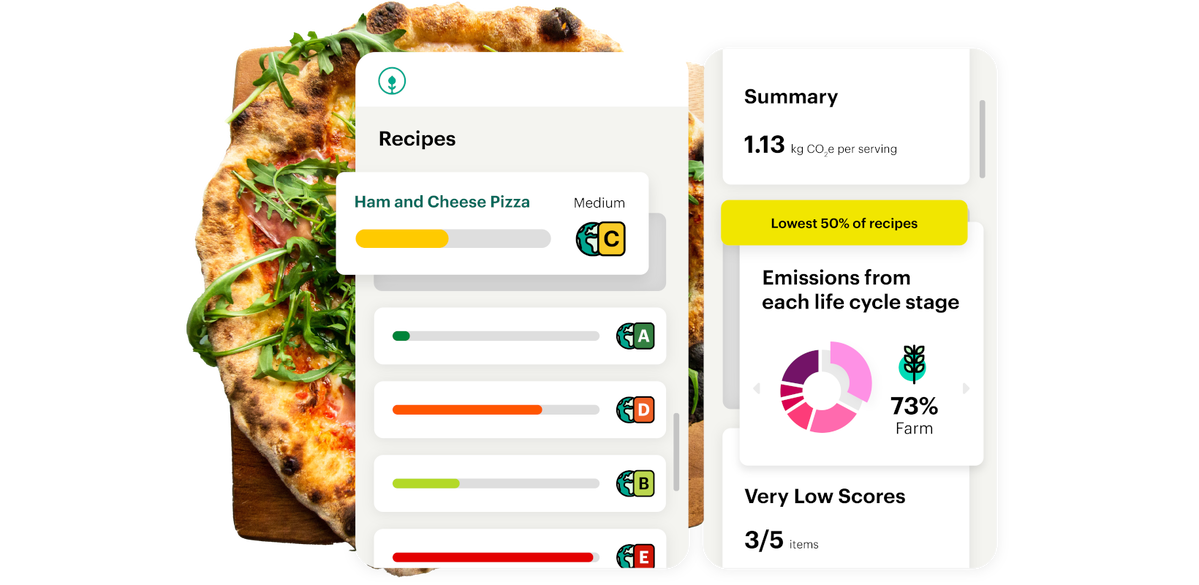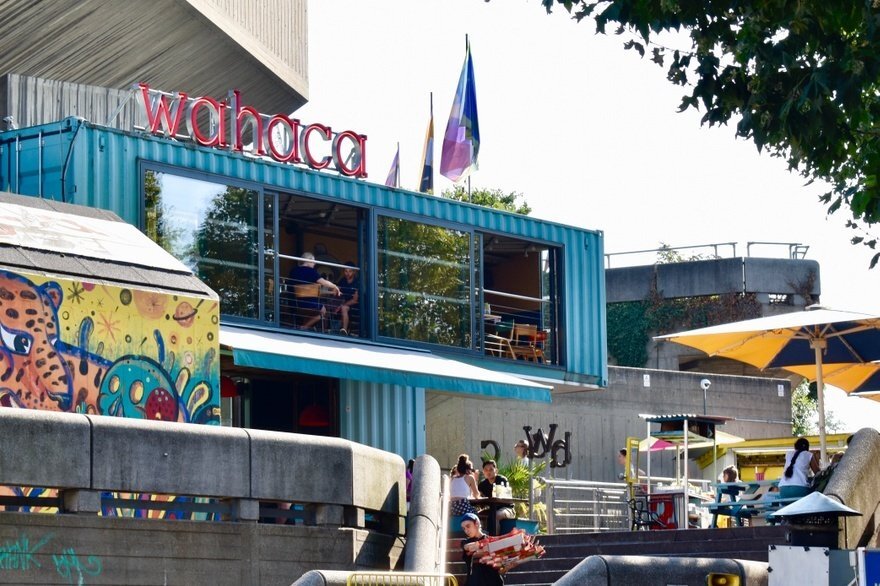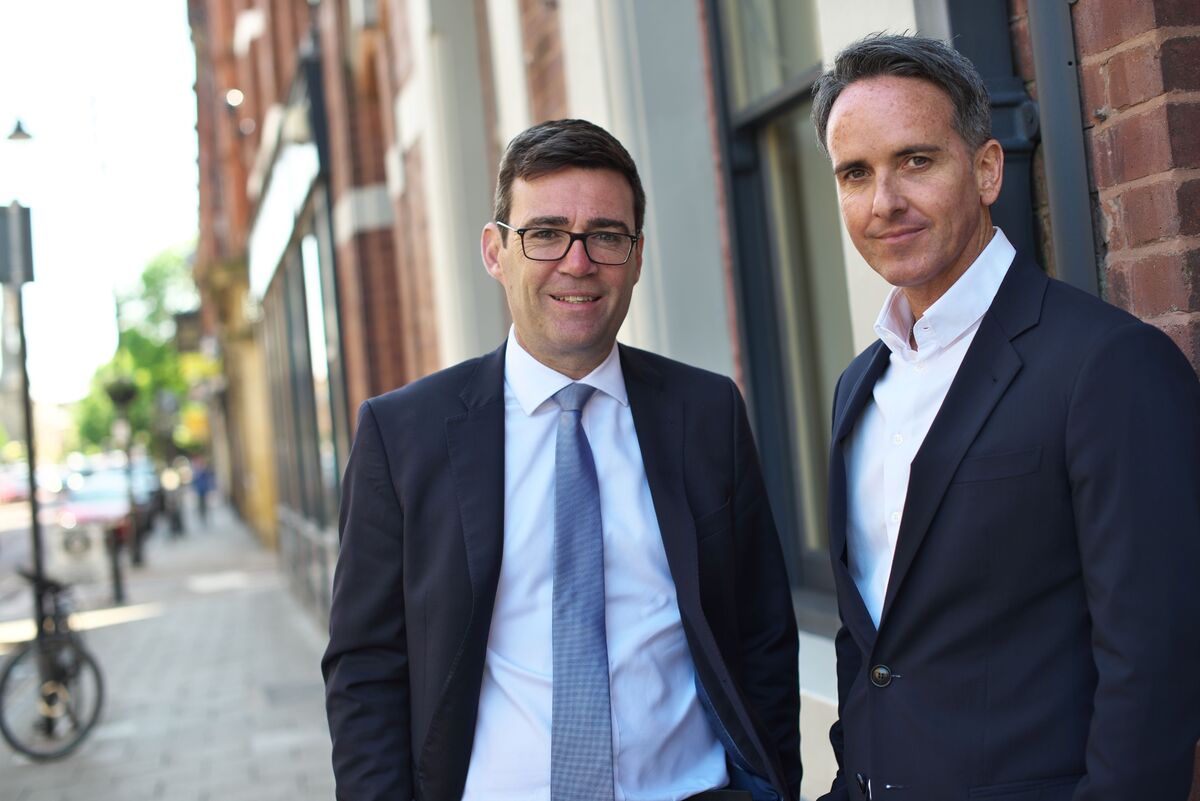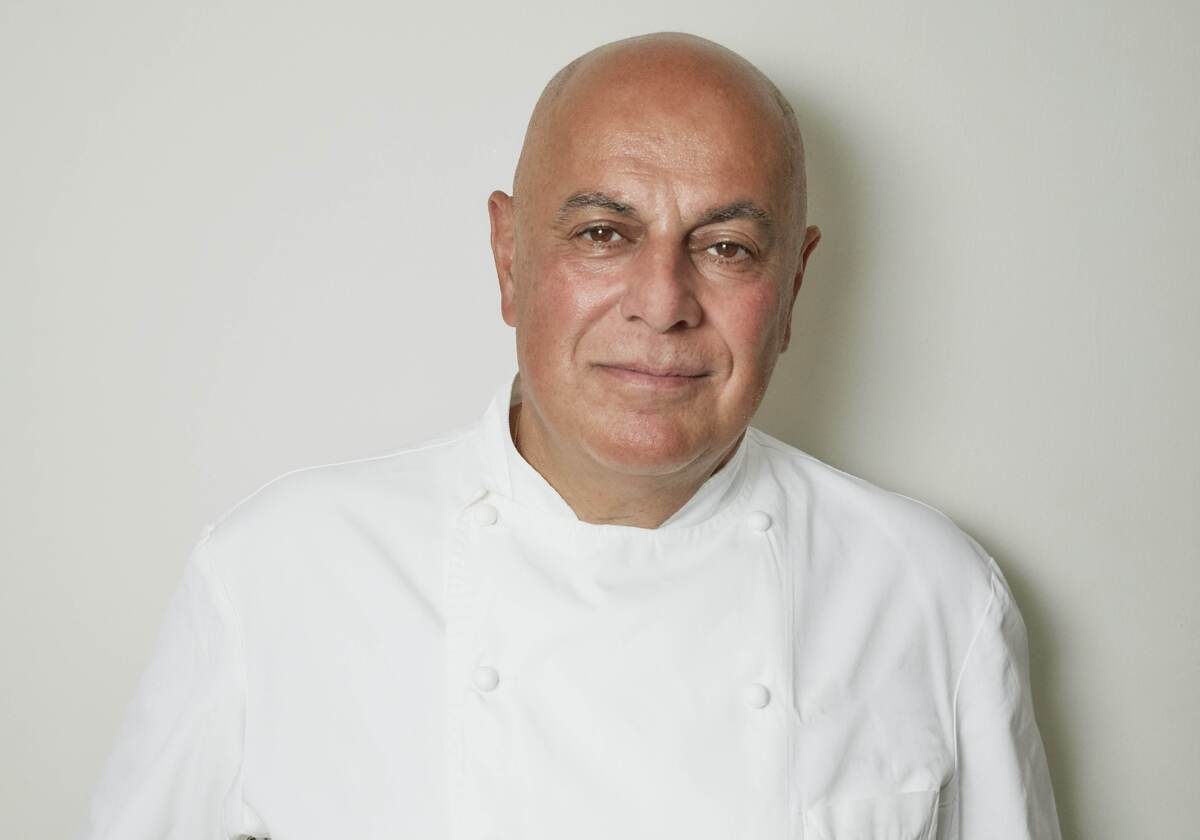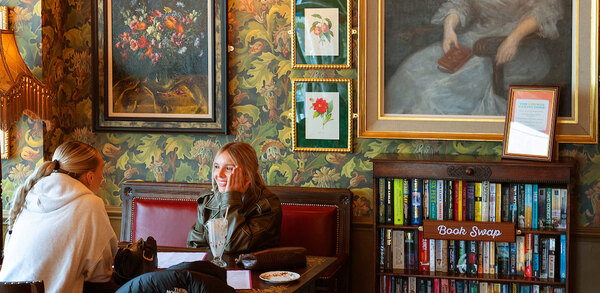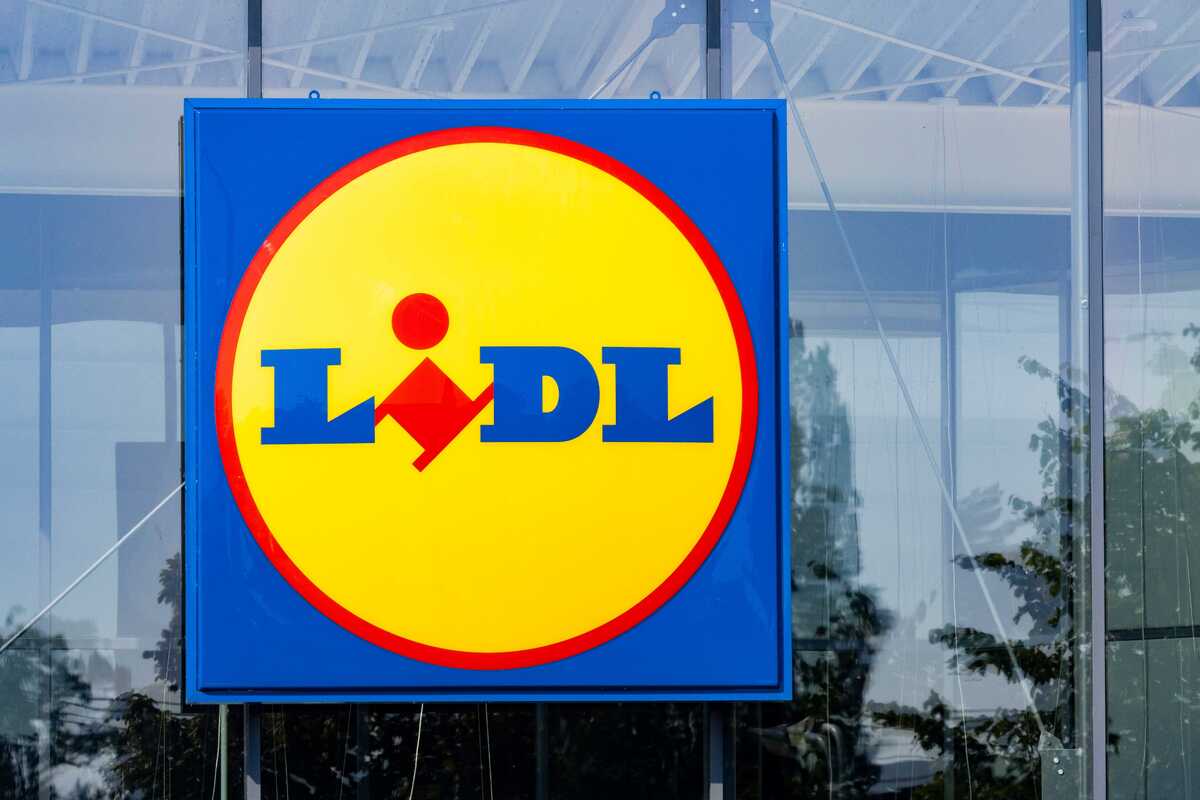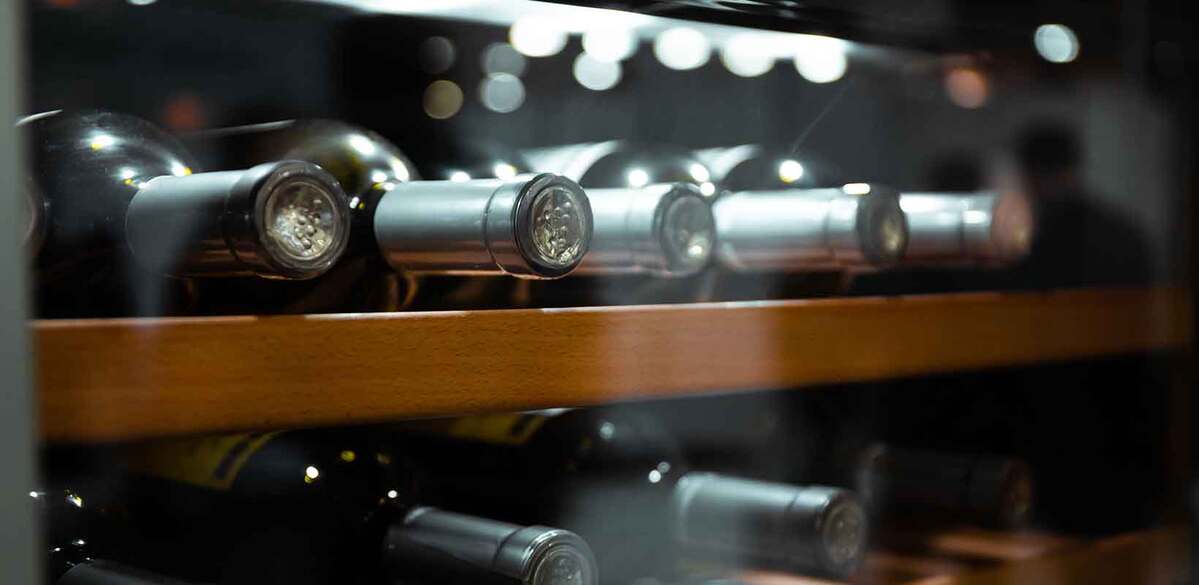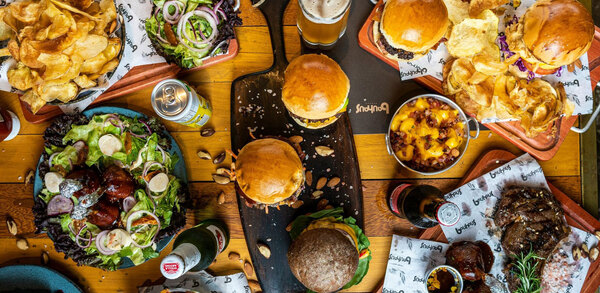7 things we learned from The Caterer’s Sustainability Summit
Sustainability is high on every operator’s to-do list, but it can be hard to know if your efforts are making a real difference. Experts at The Caterer’s Sustainability Summit share their top tips for going green
As an industry the hospitality sector has a key role to play when it comes to achieving sustainability goals. But the challenge is not insignificant. For example, the entire food chain generates 58 million tonnes of wasted or lost food across the EU, said Simon Atkins, adviser to the EU’s ‘More than Only Food and Drink’ campaign, at the online summit. “This waste of food is responsible for generating 16% of greenhouse gasses across the EU,” he added.
Working collectively to tackle the scale of the problem and putting measurable targets is place is crucial. Here are seven key lessons from The Caterer’s Sustainability Summit, sponsored by Compass Group UK & Ireland and the European Union, on what operators can do to create lasting strategies for a greener future.
1. Get accredited
Hotel group Exclusive Collection has written sustainability into the core of its business model. The group, which won this year’s Sustainable Business Award at the Cateys, was the first to achieve B Corp certification by overhauling its business operations to prioritise purpose as well as profit.
The accreditation involves a rigorous assessment across five different social and environmental categories. Danny Pecorelli, managing director, said the process was “brutal”, but has fundamentally transformed the business. “We measure everything,” he said. “It’s a journey of continuous improvement.”
There are business benefits, too. Pecorelli pointed out that 40% of the business involves conferences and exhibitions – a market that is actively seeking out sustainable venues. “So, it’s beneficial on a revenue front,” he said. “I didn’t go into accreditation of sustainability to improve my business model but it has, without a shadow of a doubt, improved every single metric, from a cost, revenue and people perspective. It’s absolutely transforming the business and if you have integrity in what you’re doing, that is going to be the end result.”
2. Collate your data
Metrics are essential in charting progress towards sustainable practices. Stephanie Pereira, impact analyst – climate and environment at Foodbuy UK and Ireland, the procurement division of Compass Group – used a vast amount of data points to make long-lasting changes to the businesses.
Partnering with Foodsteps, a UK-based food technology start-up, they analysed 2.2 million rows of data across its food and non-food purchases. That involved working with more than 170 suppliers, with data returned in a standardised auditable format. “That task didn’t come without its challenges due to our size and scale,” she said.
But it has allowed Compass to make evidence-based choices within its ingredients and menu modelling. “Foodsteps’ analysis, and this level of detail, has allowed our stakeholders to makes changes and drive decision-making within their sectors.”
3. Put insights into practice
Anya Doherty, chief executive and founder of Foodsteps, explained how the business worked with Compass to assess the carbon footprint of 21,000 meals. “It was really about empowering the 4,000 chefs across Compass to have a go at reformulating the recipe library to align with sustainability goals,” she said. That led to a much greater focus on local, seasonal and plant-based ingredients as well as a 40% reduction in meat across the top 12 best-selling dishes in Compass’s business and industry sector.
Another example is the roll-out of its 50-50 burger at Levy, the sport, leisure and hospitality arm of Compass. “This burger has been redesigned to contain 50% less animal protein and its carbon footprint reduced by 33% and has had a really successful roll-out across that sector,” she said.
4. Think about circularity
Circularity is about closing the loop across your operations, says Nash Gierak, sustainability consultant and director at Social Pantry and Bold Green Strategies. That includes thinking about production, provenance, suppliers and the production radius. “On that journey you’re looking at everything you can do before [food] becomes waste. It’s not just about being zero to landfill, but trying to stop waste at the ordering stage.”
And when a surplus of food does occur, there are also ways to ensure it’s not thrown away. For example, the Exclusive Collection has partnered with food waste sharing platform Olio across all its properties. “That’s true circularity and community engagement,” said Pecorelli.
5. Change your outlook
By looking at every single component of your business, you can make lasting change, said Sue Williams, sustainability consultant at Positive Hospitality. “So many things we have in place are probably 20-30 years in the making.” For example, she pointed out that bed linen does not need to be changed every night and items such as magazines and luxury mini products don’t always need to be in rooms.
“It’s really about challenging your own thoughts and headspace,” she said. “Do these things need to be there and in that format? Absolutely not. There’s a lot of opportunities to save money on this journey.”
6. Involve everyone
The EU is aiming to be the first climate-neutral continent by 2050. “Achieving that goal requires large-scale changes across all industries,” said Atkins. “To drive true sustainability, everybody has to be involved – it’s not just for the rich and it’s not just for the business travellers.” From farmers to consumers, everyone plays a key role in this. He added: “Without broad participation we won’t reach our sustainability goals quick enough. Together we can all build a sustainable future and I think we all know that at heart.”
7. Be accessible
Sustainably-focused restaurant Native has a ‘strong root to shoot’ and ‘nose to tail’ ethos, said Ivan Tisdall-Downes, co-founder and executive chef. “It’s having flexibility on our menus. We have our nice 15-course tasting menu where you get the prime cuts, then we have our root to shoot menu and we have a Sunday lunch menu, where you can put the less-desired parts of the animal but still make them super-tasty and make them affordable. For me, food should be accessible to everyone.”
The key is ensuring you have appetising and appealing proposition. “For hospitality it has to be tasty, people have to enjoy it – as much as you want to wave the green flag.”
From the sponsor
Stephanie Pereira, impact analyst – climate and environment, Compass
“We are delighted to support The Caterer’s Sustainability Summit. We all have a really important role to play in finding ways of operating more sustainably so we can reduce our impact on the planet. We are learning through doing and the role of data continues to be ever more important, as we navigate steps not only to reduce emissions, but to ensure the importance placed on nature and health is understood as being on a par with climate.”

Want to see the full recording from the summit? Register here
Register your place for The Caterer’s other summits, including the Tipping and Payment Summit and the inaugural Chef Summit here
Illustration: VectorMine/Shutterstock



